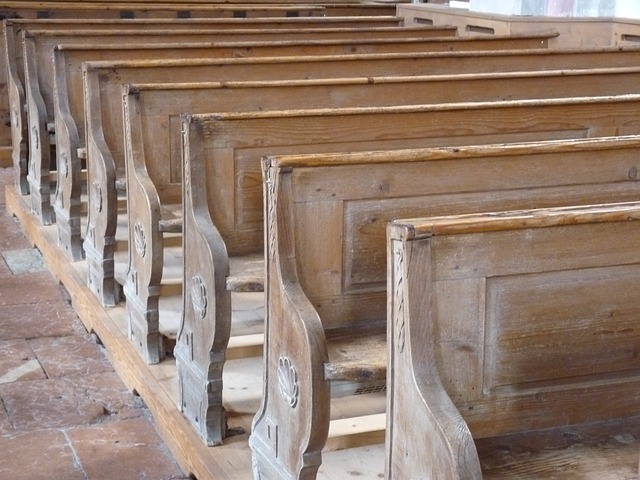By Tish Harrison Warren
A significant way that evangelicalism as an historic movement formed its identity was to unite around a “gospel core” that excluded questions about ecclesiology and church governance. In his (essential!) Democratization of American Christianity, Nathan Hatch examines how Alexander Campbell, Barton Stone, and other leaders in the Second Great Awakening “did not even want to hear the words church government.” They believed that “only by renouncing any institutional forms could the oppressed go free and taste the ‘sweets of gospel liberty.’ ” He adds that, “By their appeal to ‘Bible Government,’ the Christians removed the issue of power and authority from any concrete application.”
These assumptions have flowed downstream, seeping into modern evangelicalism with a now tacit agreement that institutional structures don’t actually matter. As I’ve wrestled with my own (unresolved) questions about what institutional embeddedness should mean in this age of internet celebrities, megachurches, and speaking tours, one thing that has amazed me is that evangelicals on the Right and the Left who agree on very little else theologically often both agree that ecclesiology and institutional structures are unimportant and mostly a matter of personal preference. Institutions themselves are assumed to be, at worst, oppressive and, at best, irrelevant.
Login to read more
Sign in or create a free account to access Subscriber-only content.
